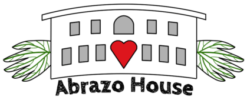PROJECT PARTNERS
Associação MY MADEIRA ISLAND Is A Non-Profit Association With The Aim Of Supporting The Cultural And Social Development Of Madeira Island Through The Organization Of Various Cultural And Educational Events And Online Activities; And Helping Young People Find Online Employment Opportunities (Due To A Very Limited Job Market On The Island) Through The Development Of Digital And Soft Skills. We Also Aim To Develop Social And Personal Competencies Of Young People And Adults By Organising Local And International Projects, Camps, Training Courses, Conferences, Seminars, Consultations, Lectures And Other Educational Activities, Based On Non-Formal Education Principles. We Also Run A Slow News Magazine – Https://Mymadeiraisland.Com/ On A Volunteering Basis. The Magazine Talks About The Island Of Madeira And Its People – Aiming To Promote The Island, Increase Its Touristic Potential (Which Is Practically The Only Industry Here), And Also To Present The Island Through The Stories Of Its People.
Associação MY MADEIRA ISLAND
Biodiversity Illustrated project partner from Madeira, Portugal

Abrazo House is an educational project located in the Aras Valley, Voto, Cantabria, northern Spain. Visitors have come from all over the world to this tiny village in northern Spain, to learn about ecology, health, mindfulness, and sustainability, in theory and especially in practice. We aim to develop the whole person in all their aspects: practical, emotional, intellectual, and spiritual. We believe that human beings can learn to live on the Earth in ways that restore nature instead of doing more damage. But it’s a long journey on which we’ve only taken the first few steps. Every day we realize how much there still is to learn. Our project began back in 2006 with the construction of a small house, Snail Cabin, then our two-story main house, using mostly natural materials (like wood, stone, straw, and mud) and with the help of hundreds of volunteers. We also began converting our two acres of pasture into a diverse, productive food forest. Since then the project has grown to include two more ecological houses in the same village, as well as a roundhouse that we use for meditation, yoga and natural healing. Behind the Abrazo House project there is a philosophy. We like to call it ecological design, though it has had many other names and our methods have been practiced by many other people (famous or anonymous) since time immemorial. We would define it as the art and science of working with nature. Some of its main elements could be summarised as follows:
• Keep it simple. The simplest solution is usually the best. We don’t like to rely on complex designs and machinery.
• Money is not wealth. True wealth lies in health, happiness, good relationships, life’s diversity, and meaningful activity, not in money. It is true that you do need some money in order to live — but a lot less than you might think.
• Slow and steady. It’s better to go slowly in the right direction than quickly in the wrong direction.
• Work with what you’ve got. There’s no point in trying to be pure in an impure world.
The purpose of our organisation is to contribute to the personal and social development of young people with fewer opportunities (social isolation) in the context of Reykjavík city, including young immigrants, through youth work with a holistic approach. Our organization runs two youth reach centers for social isolated youngsters between 13-16 years old; and one more for young people between 16-20 years old. Additionally, we are developing an intercultural youth center to help bridge differences and empower young people of foreign origin towards social integration. In total our organisation provides services for 80 young people from 13-20 years old. Our organization is the only one attending social isolated young people through the service centres of the city of Reykjavík in cooperation with schools. Therefore the present project can be a great opportunity for cooperation with schools’ staff. We use non formal learning methodologies to empower young people in their personal and social development. We believe that our work complements formal schooling, fostering young people’s self-esteem and resilience for social relations.


